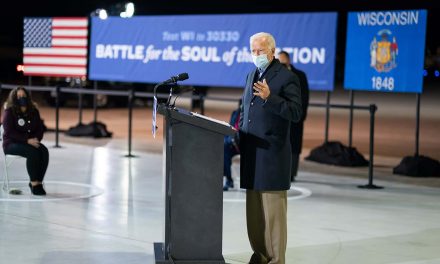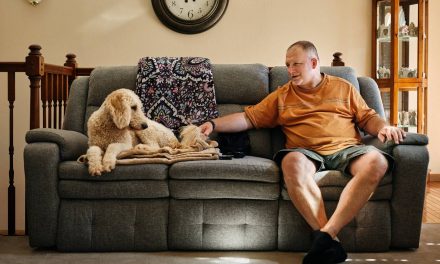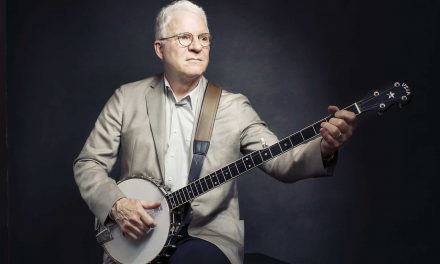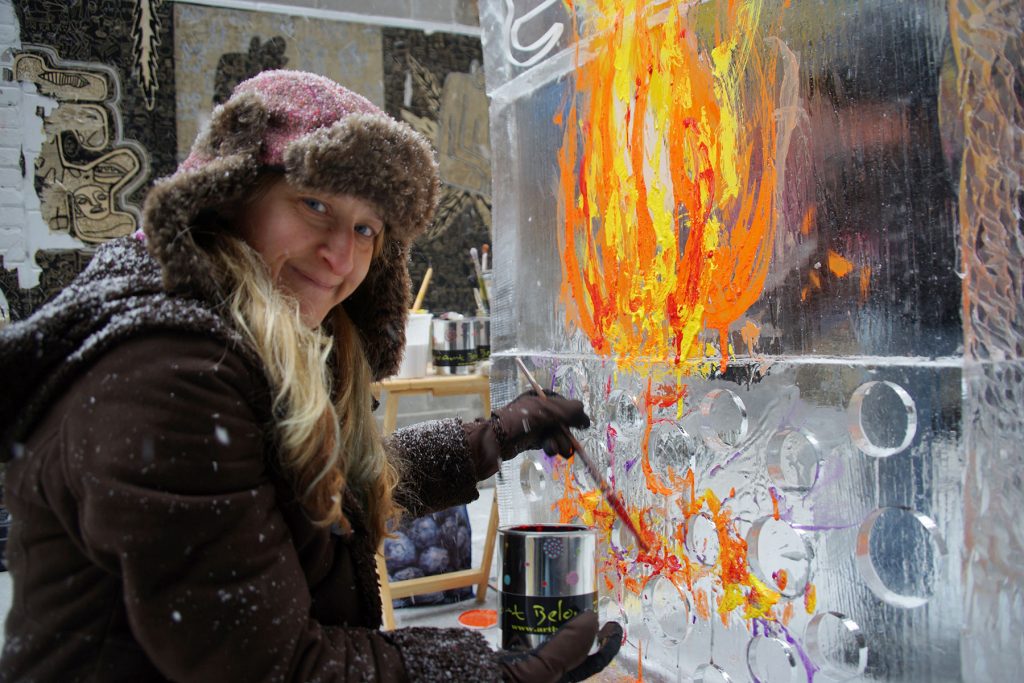
When anything happens there is always someone around to offer an explanation, regardless of if it is good or bad. Our brains naturally focus on the “why.” However, that is the analytical part of our being, not the emotional part. We need to feel, but that process can become derailed when we overemphasize the explanation.
I long ago observed the need for many in Western society to give very long and tangential explanations about the abuse that they have endured. I often wondered why people created these so-called “trauma loops.” I have since then learned that over-intellectualization and the process of rationalization are common coping mechanisms of both fear and trauma. Simply put, we make up logical explanations for things that we find hard to accept. This coping mechanism usually begins with ourself at the center. When other individuals are treated with less human dignity than we would give to a loved one, we form self-serving biases of why people are engaged or have endured the behavior. These self-serving biases shape the way that we see the world and our own place in it. They shape our beliefs and our morality, or sometimes even the lack thereof.
When the story exploded across social media on January 19, about the Covington boys mocking the Native American elder, I posted the following on Facebook:
“Please take a second and watch this video, what do you see? I see a cult of kids, boys specifically who are severely compensating. Beaming with pride without the grounding of wisdom nor humility. Taught that they owed things, in this case, the attention of the elder, a Native American Vietnam Veteran who has lived a life of service. These are the boys of America, dripping in entitlement, insensitivity, arrogance, deflection, and insecurity. The kid with the MAGA hat is especially disturbing as he goes from group follower mentality to a smug fixation glaring towards a man he doesn’t even know. Great response from Phillips regarding as I also see a hero beating the drum of healing despite the intimidation.”
The rest of that day was spent babysitting the post. Many people affirmed my feelings of anger, hurt, worry, and frustration with their comments. However, some went on to explain the entire scenario and how Nathan Phillips, the Native American Vietnam Veteran Elder, was actually in the wrong. They explained that is was Phillips who walked up to the boys and confronted the group. According to their self-reasoning, he was the main aggressor and the boys were the victims. These kind of comments were followed by other waves of people who blamed the “Black Muslims” group as the main agitators. That view has turned out to be misinformation as well, because this group was really just four “Black Hebrew Israelites.”
Over the hours and days that followed, I watched video after video, searching for ways to understand not only what had happened, but what the event was triggering. It was then that I became enraged, but not so much at the situation that happened in DC. Instead, it was because I clearly saw how marginalized people were forced to be the ones who must “understand” the views of a dominate society, within the same lens of the dominate society. While dominate society sits in a place to not have that to understand, thus not be accountable by overly intellectualizing actions of these young men.
This incessant and unrelenting over-explaining became the weapon used to dull the feelings of genuine pain felt by the abused. A hindsight narrative of vilifying our emotions around the events that transpired.
In this case, a mob of more than sixty white high school aged boys were chanting, and jumping around as if they are at a House of Pain concert. My high school experiences are years in the past, at the dawn of the Internet age and well before the iPhone and Social Media began our masters.
And, while I am a man, I did not grow up being white. Yet, people like me are expected to understand these boys and their situation? Why, because our life experiences are so identical?
Wearing the insignia and attire that supported a President who has been openly hostile, sexist, misogynist, xenophobic, racist and yet, we are expected to understand. These boys, who that same day were protesting what women can and can’t do with their bodies, and yet we have to understand. These boys, removing their shirts and mocking Native American heritage as if they are at a KC Chief’s game in the 1950s, yet we have to understand.
As a city, joined by other communities across the nation, we have to realize that at some point understanding can actually become condoning and justifying the continuation of harm.
Numerous articles have sprouted across the technology waste heap that is the Internet these days, explaining in lengthy detail and in a mind numbing entirety of the incident. At the same time, we are acting as if we are inappropriately overreacted to all of the details about the boys and the situation surrounding them.
The coverage in DC may have been biased but your feelings are very real. We run an incredible danger when we get away from that truth. Don’t neglect them but at the same time we need to guard from them being manipulated. People of color, indigenous Americans, immigrants, foreigners, refugees, and so on, need you to trust the empathy that you feel. It means you care, and even if your caring was exploited, you help to carve out an America that gives the global community a chance. As there is a danger of a rush to judgement, there is also a danger in not trusting how and why you feel the way that you do.
The Kentucky Catholic Private School transported these boys by bus to protest at the Nation’s Capital. That private school culture encouraged its boys to express their political beliefs, and school pride on the footsteps of the Lincoln Memorial. A culture that encouraged these kids to raise the level of debauchery and immodesty as coping mechanisms for the ridicule they faced. A culture that will ultimately fail these boys, and has been failing our country for far too long.
The point of saying all this is not really about these boys though, it is about you – the reader of this article. It is about how you felt when you saw the video released of the confrontation. In our hearts, many of us knew that what we saw was wrong. What we saw then and what we continue to see now is the human dignity of so many being mocked. We know this because we have seen it before in our history way too many times. It did not need to be explained in the numerous articles the feed our hindsight bias. Our intuition comes from our lifelong experiences, and while we do not always understand it or have a word for the process, we have learned to trust our inner spirit-sight just as much as our eyesight and mindsight. All of these senses tell you that what you felt was empathy and what you saw was indignity.
It was when I noticed the truth of my emotions that I was reminded of domestic violence survivors and trauma survivors who engage in a “battered women syndrome” or sometimes called “learned helplessness.” As I read about the condoning of bad behavior among these boys, justifying their behavior, I thought about what would happen to them as they grow up and become men. I thought about how patterns of abuse that are so cyclical that if we do not intentionally learn from them or interrupt them, they are likely to persist and become generational. When an abuse survivor gets away from trusting their feelings, they are much more likely to stay in those abusive relationships. Sometimes explaining to themselves and others that the abuser did something terrible because “he is frustrated, he is angry, but he loves me.” It is clear that many, including the President of the United States, wants the marginalized to stay in abusive relationships.
Over the years I have attempted to understand a society in which I am usually the minority. It can benefit us financially and professionally to take the perspective of the dominating group but what happens when your understanding is manipulated? It is then and only then that we have a decision to make.
Be true to your self, your “Divine Self.” As we reveal the truth, we feel our emotions. As we feel, we give ourselves permission and a path to heal. If understanding is in the recipe, then it must also have elements of accountability, growth, love, and change. Otherwise it just looks like the same soup of toxic suffering that people have been engaged in for hundreds of years.














